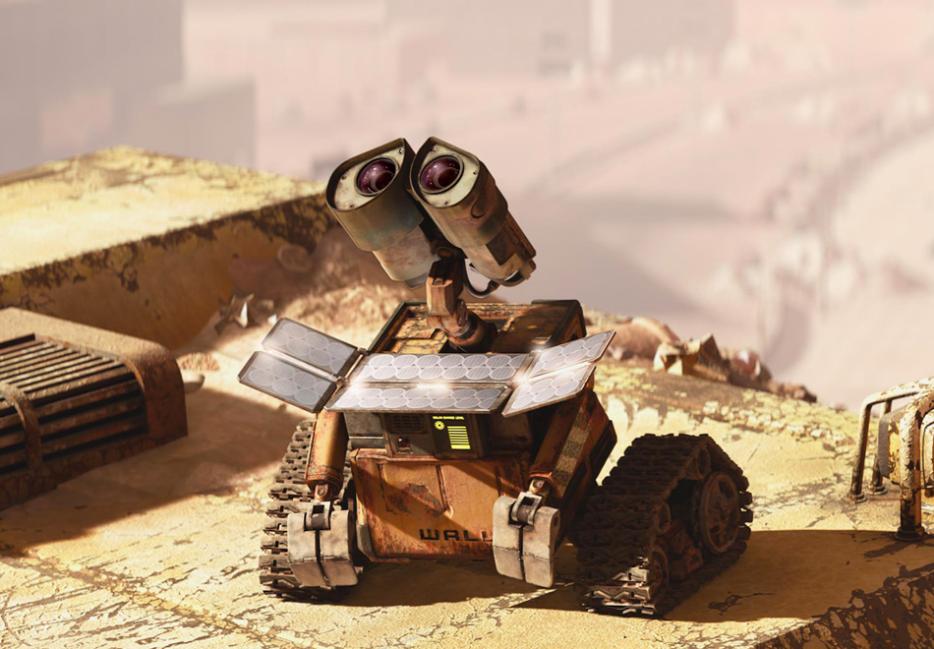Spoiler alert: At the end of the Pixar film Wall-E, there’s a moment where the lovable robot has been physically repaired but the lifelike spark that let the audience anthropomorphize him has been lost. I mostly kept it together in the theatre until in the silent darkness some six-year-old wailed out, “Daddy, what’s wrong with him?” whereupon something got in my eyes and shut up I have allergies.
Collecting myself after the trauma, my wife and I left the theatre and I wondered aloud what a scene like that was doing in a kid’s movie, the legacy of Bambi’s mom notwithstanding. My wife, as ever smarter than me, said without missing a beat: “That wasn’t for the kids. It was for the parents, who are watching their parents disappear before their eyes.”
Death comes for us all, is the point, but before it does, it too often takes our dignity as well. The universe, indifferent to our preferences, gives us the choice of dying young (a tragedy) or living long enough for our faculties, our independence, and that spark of life in our eyes to leave us. Our souls leave us before our bodies know to follow.
There are, however, people who believe this is all basically unnecessary. And this week Google announced it’s on their side, founding a separate company named Calico with the intention of focusing “on health and well-being, in particular the challenge of aging and associated diseases.” Aubrey de Grey, who has been evangelizing on this cause for some time (yes, he has a TED talk) welcomed Google’s announcement by invoking Churchill, calling it “not the end, nor even the beginning of the end, but it is, perhaps, the end of the beginning.”
You don’t have to accept De Grey’s certainty that eliminating aging is possible to appreciate his logic that it is actually desirable, and that the arguments people make about the inevitability or even necessity of aging are kind of ridiculous: We’re talking about something with a 100 percent mortality rate. If somebody were doing it to us, we’d declare some kind of war on it. (I suppose Google just sort of did.)
Which isn’t to say that the elimination of aging wouldn’t cause some large and serious problems—my first thought after Google’s announcement was, “Oh great, now I’m definitely never going to get to retire.” And that’s just the beginning: some substantial section of our medical industry would basically cease to matter, unless all the people currently trained to treat aging can make the leap to preventing it.
A more subtle problem we would face would be political: We’ve already seen generational fissures as the social insurance programs in Canada and the US are ironclad rights for baby boomers but negotiable privileges for everyone born after them. But pensions are the least of it: Imagine your ancestors from the 1800s were alive and well and lucid today—how would they vote on gay marriage? Don’t we think at least some of our deeply held beliefs today are going to look backwards in the 2200s? What does human progress look like in a society of ancients who refuse to leave the limelight?
One answer—the one Aubrey de Grey gives—is that it doesn’t matter: If people die unnecessarily, then all the metaphysical questions are a waste of breath, certainly for the people who are no longer breathing. Maybe we’ll only see partial success: adding a few decades to the human lifespan, but not immortality. Or maybe it will all just fail, and we’ll be stuck with our three score and ten years. It still seems awfully short, though. Science fiction has sketched out a few dystopias filled with the idle immortal, but it’s hard not to want to at least give it a shot.




